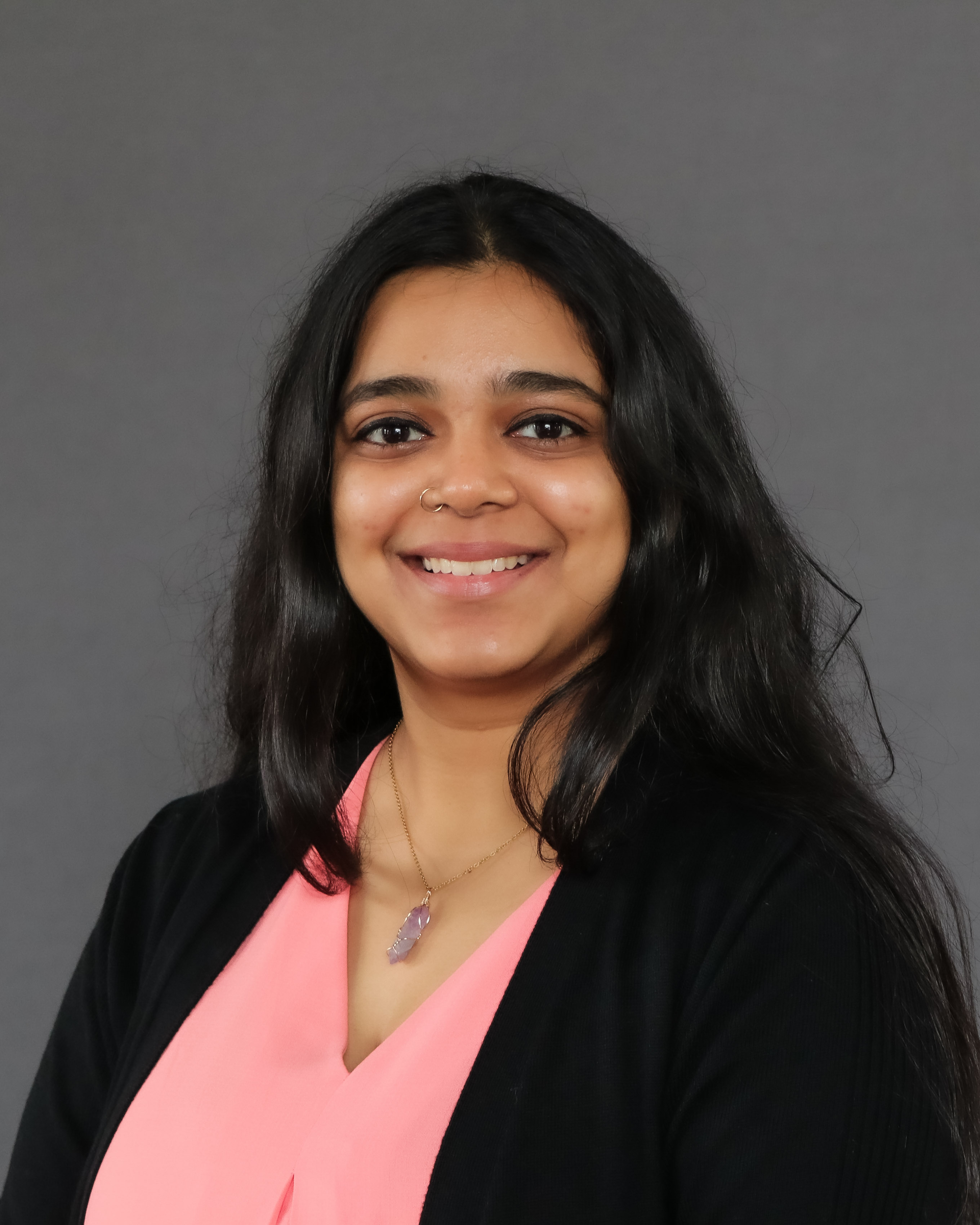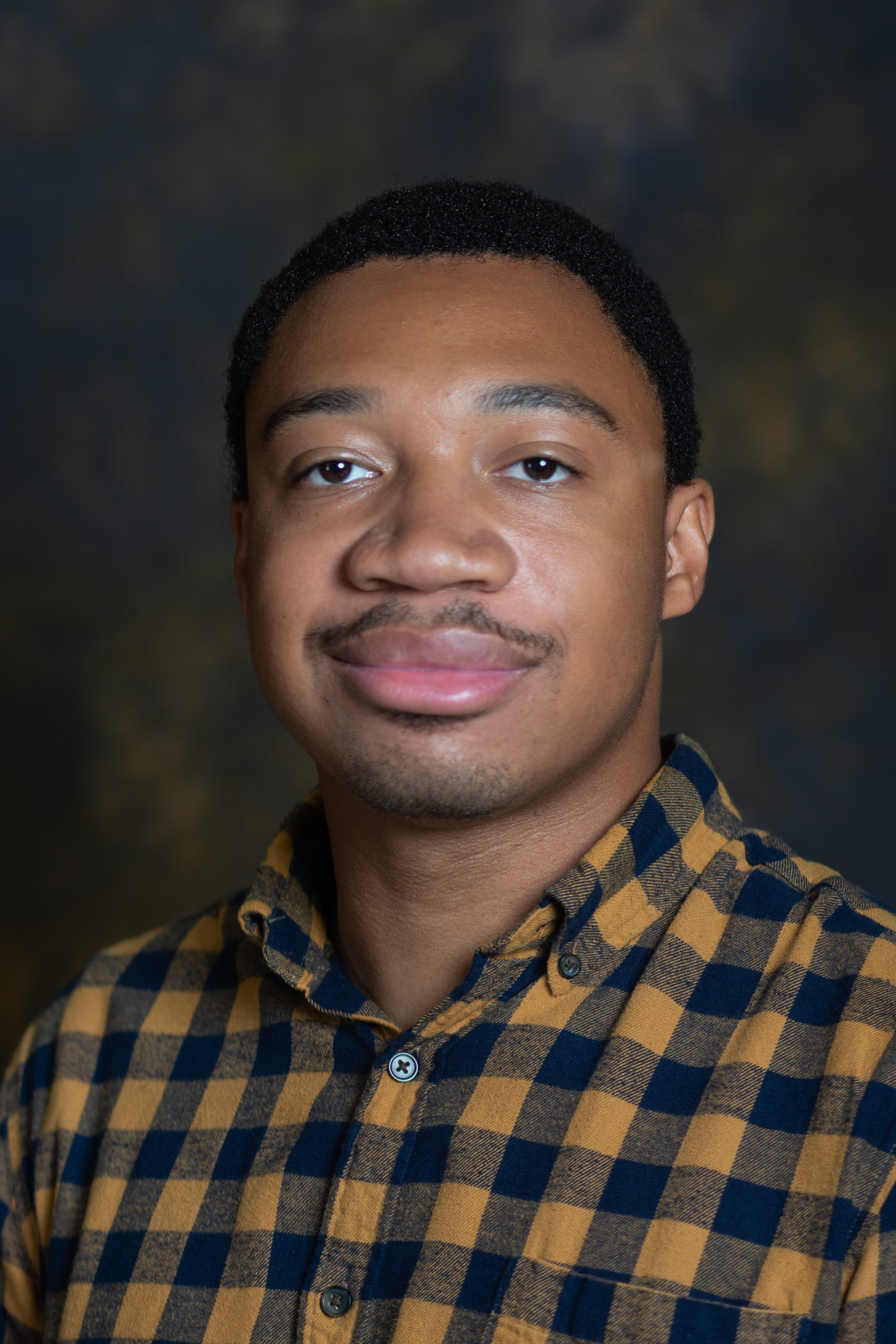Reflective and Effective Teaching (RET)
A certificate program offering a unique cohort-based learning community for graduate students and postdocs from any discipline who aspire to improve student learning.
Overview
Reflective & Effective Teaching, a certificate program, offers a unique cohort-based learning community for graduate students and postdocs from any discipline who aspire to improve student learning. Known as teacher-scholars, RET participants engage in a three-quarter sequence of seminars and special-topics workshops, developing authentic artifacts—such as teaching statements—that align with their stage of teaching and goals.
Throughout the program, teacher-scholars will read and discuss literature on learning and teaching, meet in small disciplinarily aligned project groups led by a Reflective Teaching Guide, meet with their chosen faculty mentor, attend workshops focused on specific aspects of learning and teaching, and participate in seminars to guide the development of their authentic artifacts, which demonstrate emerging understanding of approaches to learning and teaching. Teacher-scholars who complete 3 quarters of RET will have an option to develop a Course Design Project that allows them to utilize principles of course design or an ePortfolio that showcases their approaches and philosophies to learning and teaching.
Teacher-scholars who cannot complete the full three-quarter sequence have the option of completing one or more quarters of RET to earn a quarterly letter of completion for each quarter they complete.
Program Outcomes
As a result of participating in RET, teacher-scholars will be able to:
- Articulate their pedagogical choices (e.g., teaching methods, assessment approaches, grading schemes) by drawing upon evidence from literature on learning and teaching.
- Synthesize feedback from peers, their Reflective Teaching Guide, and their faculty mentor to enhance your pedagogical approach and/or course design.
- Explicitly create a sense of belonging in the classroom.
- Critically reflect upon their experiences, others' perspectives, and scholarship to promote their ongoing development as an effective and reflective educator.
- Build community among colleagues in service of improving student learning.
Eligibility
Graduate students and postdocs from any field are welcome.
Teacher-scholars derive the most benefits from the program when they engage in a substantive teaching experience—such as TAing—during the program or soon after its completion. Teacher-scholars who focus on a potential teaching context—such as a course they might someday teach—also derive benefits from this program.
Our Assistant Director of Engaged Learning, Joshua Watson, is happy to answer any questions you may have regarding eligibility. Please email joshua.watson@northwestern.edu.
Certification and Course Notation
Teacher-scholars who successfully complete the program will receive the Reflective & Effective Teaching Certificate.
Additionally, graduate student participants in the program can opt to receive a Completion Letter and a zero-credit course notation on their transcript upon completion of the requirements for each quarter they enroll through TGS.
Time Commitment and Schedule
Teacher-scholars devote between 24 and 39 hours to Reflective & Effective Teaching activities per quarter. These time commitments are based on how deeply teacher-scholars delve into the content and serve as suggestions.
- Orientation (1.5 hours)
- Pre-Seminar Readings (4 hours)
- Interactive Seminars (4 hours)
- Discussion Group Meetings (4 hours)
- Authentic Artifact Development (4 hours)
- Faculty Mentor Meeting (1 hour
- Searle Teaching & Learning Workshop or Searle Event (1.5 hours)
Those completing ePortfolios will devote additional time to developing and curating.
Seminars & Authentic Artifacts Quarterly Schedule
|
Seminars & Authentic Artifacts by Quarter
|
|
Theme
|
Interactive Seminar Topics
|
Authentic Artifacts
|
Quarters
|
|
Pedagogical Foundations
|
Considering How We Teach and How We Learn
Explicitly Creating a Sense of Belonging in the Classroom
|
Preliminary Narrative of Teaching Statement
Course Objectives and Course Description
|
Fall
|
|
Course Design & Assessment
|
Understanding Course Design and Planning Teaching
Planning for Assessments
|
High Impact Teaching Practices Reflection
Assessment Plan & Sample Assessment
|
Winter
|
|
Learning Facilitation and Evaluation
|
Facilitating Learning
Reflecting on and Evaluating Your Teaching
|
Lesson Plan with Assessment
Sample Evaluation
|
Spring
|
Selecting a Faculty Mentor
Mentoring is an important aspect of Reflective & Effective Teaching. Each teacher-scholar is responsible for selecting a faculty mentor, arranging meetings, and setting agendas to discuss teaching and learning in their disciplines.
Who Can Be an RET faculty mentor?
Mentors can be faculty from Northwestern University, a partner school such as Lake Forest College, Oakton Community College, Northeastern Illinois University, or another local institution, with approval from Searle Center staff. A faculty mentor is
- Usually not the participant's research advisor, to provide a different perspective.
- Usually from the same discipline as the mentee, but they can be from any department.
- At any stage of their career as long as they have a demonstrated interest in learning and teaching.
What is the faculty mentor required to do?
- Meet with the mentee at least once a quarter to discuss issues of learning and teaching.
- Provide feedback on the mentee's authentic artifacts.
- Invite the mentee to observe their teaching (if applicable).
- Conduct a teaching observation of the mentee.
- If requested, provide a letter for the mentee's teaching portfolio.
Application
RET ePortfolio Spotlight
An ePortfolio is a “living” electronic teaching portfolio, or collection of teaching-related materials in which you document and illustrate how you have reflected on and evolved in your teaching philosophies, values, practices over time. RET participants who complete ePortfolios often express pride and satisfaction in their work.
 "The ePortfolio is an excellent space to portray all of your ideas and supporting documents in one place. For job applications or anywhere I need to present myself as an instructor and my ideas to be reflective and effective, presenting my ePortfolio seems to be a coherent way to do so. Moreover, I loved creating it because it made me really think about what my central pedagogical ideas were and what I have done or written to support that. It helped me consolidate the themes that emerge out of my authentic artifacts and helped me rope everything together in a fun and creative way."
"The ePortfolio is an excellent space to portray all of your ideas and supporting documents in one place. For job applications or anywhere I need to present myself as an instructor and my ideas to be reflective and effective, presenting my ePortfolio seems to be a coherent way to do so. Moreover, I loved creating it because it made me really think about what my central pedagogical ideas were and what I have done or written to support that. It helped me consolidate the themes that emerge out of my authentic artifacts and helped me rope everything together in a fun and creative way."
—Gayathri Subramanian, Department of Psychology
See Gayathri's ePortfolio.
 "My ePortfolio has served as an excellent host for the artifacts I've created in RET. I plan to use it in the future to store my teaching materials so they can be easily showcased to future employers."
"My ePortfolio has served as an excellent host for the artifacts I've created in RET. I plan to use it in the future to store my teaching materials so they can be easily showcased to future employers."
—Elijah Taylor, Interdisciplinary Biological Sciences Graduate Program
See Elijah's ePortfolio.
 "The ePortfolio is an excellent space to portray all of your ideas and supporting documents in one place. For job applications or anywhere I need to present myself as an instructor and my ideas to be reflective and effective, presenting my ePortfolio seems to be a coherent way to do so. Moreover, I loved creating it because it made me really think about what my central pedagogical ideas were and what I have done or written to support that. It helped me consolidate the themes that emerge out of my authentic artifacts and helped me rope everything together in a fun and creative way."
"The ePortfolio is an excellent space to portray all of your ideas and supporting documents in one place. For job applications or anywhere I need to present myself as an instructor and my ideas to be reflective and effective, presenting my ePortfolio seems to be a coherent way to do so. Moreover, I loved creating it because it made me really think about what my central pedagogical ideas were and what I have done or written to support that. It helped me consolidate the themes that emerge out of my authentic artifacts and helped me rope everything together in a fun and creative way." "My ePortfolio has served as an excellent host for the artifacts I've created in RET. I plan to use it in the future to store my teaching materials so they can be easily showcased to future employers."
"My ePortfolio has served as an excellent host for the artifacts I've created in RET. I plan to use it in the future to store my teaching materials so they can be easily showcased to future employers."